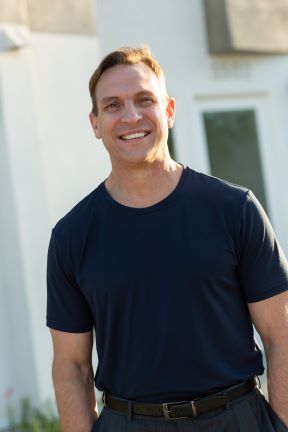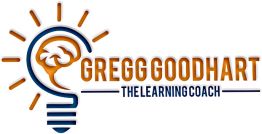
Have you ever wondered. . .
- How good can I get at whatever I want to do? Let’s understand the general misunderstanding of talent. What does the research tell us?
- What is the process involved in all levels of meaningful skill development? How do I do it?
- Why don’t most people do it? Let’s understand the sociological factors that stand in the way of learning that most people do not even realize exist.
- How can I get myself to do it? Among other things – how can I get myself to study and learn more and/or better? We’ll take a look at what the research shows us about habit pattern development.
Helping others to best understand these things, and use them in their own learning and success, is what I do. I also give clinics and workshops to groups of students and teachers, frequently at the same time, on the Art and Science of Learning.
Through my years of experience as teacher and department chair, I came to realize that, with very few exceptions, anyone can accomplish higher levels of skill whether in academics, sports, the arts and anything else, and that this can be done with less work than most are currently putting forth to get lesser results.
Through research and experience I began to identify the underlying process for this achievement and came to realize that there is a central generic process which underpins all improvement/skill acquisition, and it is not commonly known or taught in school. We sometimes refer to the results of this type of study with the word talent. This led me to research in the field of cognitive neuroscience. I have been able to apply what I have learned in the classroom and individual coaching, as well as teaching it to parents, administrators and other teachers.
This central process, broadly known as deliberate practice, can be applied in any domain yet is rarely done consistently, or even consciously! It can be taught, learned, and practiced like any other skill. It is the skill that makes all other skills learnable. Those who know how to do deliberate, or purposeful, practice, even some of it, are the ones who appear talented. They advance and will continue to do so faster and faster.
Applying deliberate practice means that the best methods will be found for whatever needs to be learned. These solutions can be found in cognitive science and they are surprising, illuminating, and available to anyone regardless of natural talent. This can be done with anything – academics, sports, the arts, business, or any other endeavor.
Whatever we wish to achieve in life will be determined, for the very most part, by how well we learn to do that thing. How, and how well, we learn is our most powerful asset. Self-reliance, success, and self-esteem flows from there.
Then why don’t most people do it?
The reasons for that can fill books, and does. Suffice to say that our teachers are not taught this in any meaningful way in teacher education programs, and our schools of cognitive science are siloed from our schools of education.
How successful we are/were in school is determined by how much study is done in this way. We do not need to know the technical names, research or other details. We find bits and pieces of it through trial and error. The more we find the better learner we are.
Those that don’t find it are not as fortunate. Many will lose motivation to continue doing the study that hasn’t been working in the first place.
Thankfully, motivation can be created when we learn how the brain learns best. Even individual study/practice time can be taught, learned and built.
It is a myth that deliberate practice is only for those who wish to achieve at very high levels. It can be taught to anyone, and is motivating.
If we apply the best practices in skill development for even a few hours we will always be ahead of the crowd and deeply enjoy the results. Applying deliberate practice gets the most out of whatever time we spend trying to learn whether it is one minute or 10,00 hours.
The way the brain learns should be taught in school to all students, but is not. This puts anyone who can’t figure it out at a disadvantage, and that is most everyone.
If we are taught these things the missing bits are filled in and good students will improve with even less effort. Those who are not good will join the others as they find themselves in flow in the video-game like, self-esteem building, problem solving maze of deliberate practice. Then intelligence is transformed. This produces real self-esteem which comes from genuine accomplishment every step of the way.
This process requires reflection, building deliberate practice, understanding the real meaning of mindset, self-control, contextual interference, retrieval practice and more, all of which can be taught and learned.
Not only that, but engaging in the fine details of deliberate practice creates a flow state while learning (the rare exception to needing higher level skills to achieve flow).
With the right learning methods, and good instruction we can become more skilled at anything. We can continue on that path as much as we like to get to basic competency, mastery or anywhere in between. Once we know how to learn the choice is ours.
Otherwise, we are left to our own devices to figure out how to be smart, or not.
That is what I do. The missing link in achieving anything we wish. Teaching instead of talent.
All the best with your teaching and learning!
Gregg
